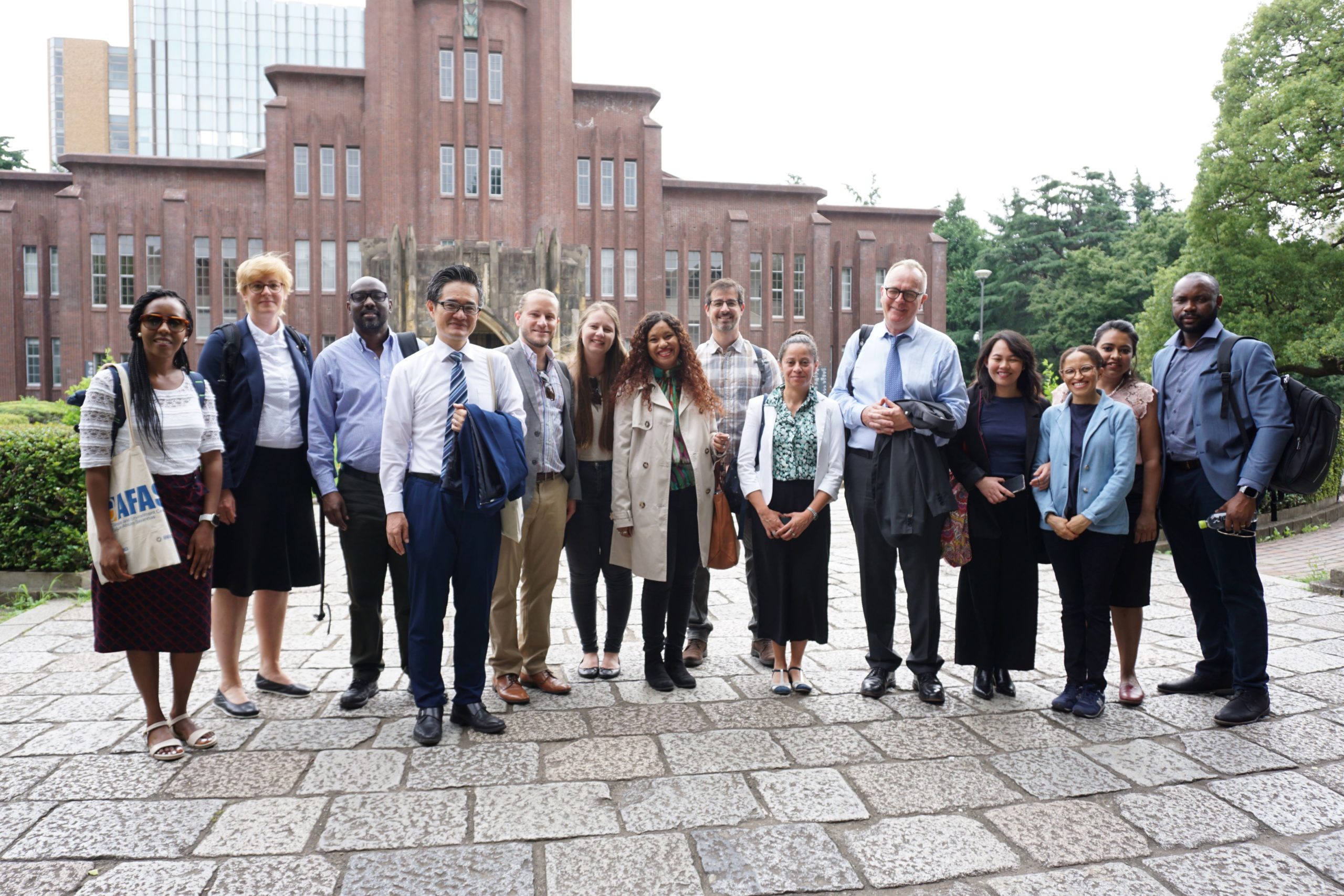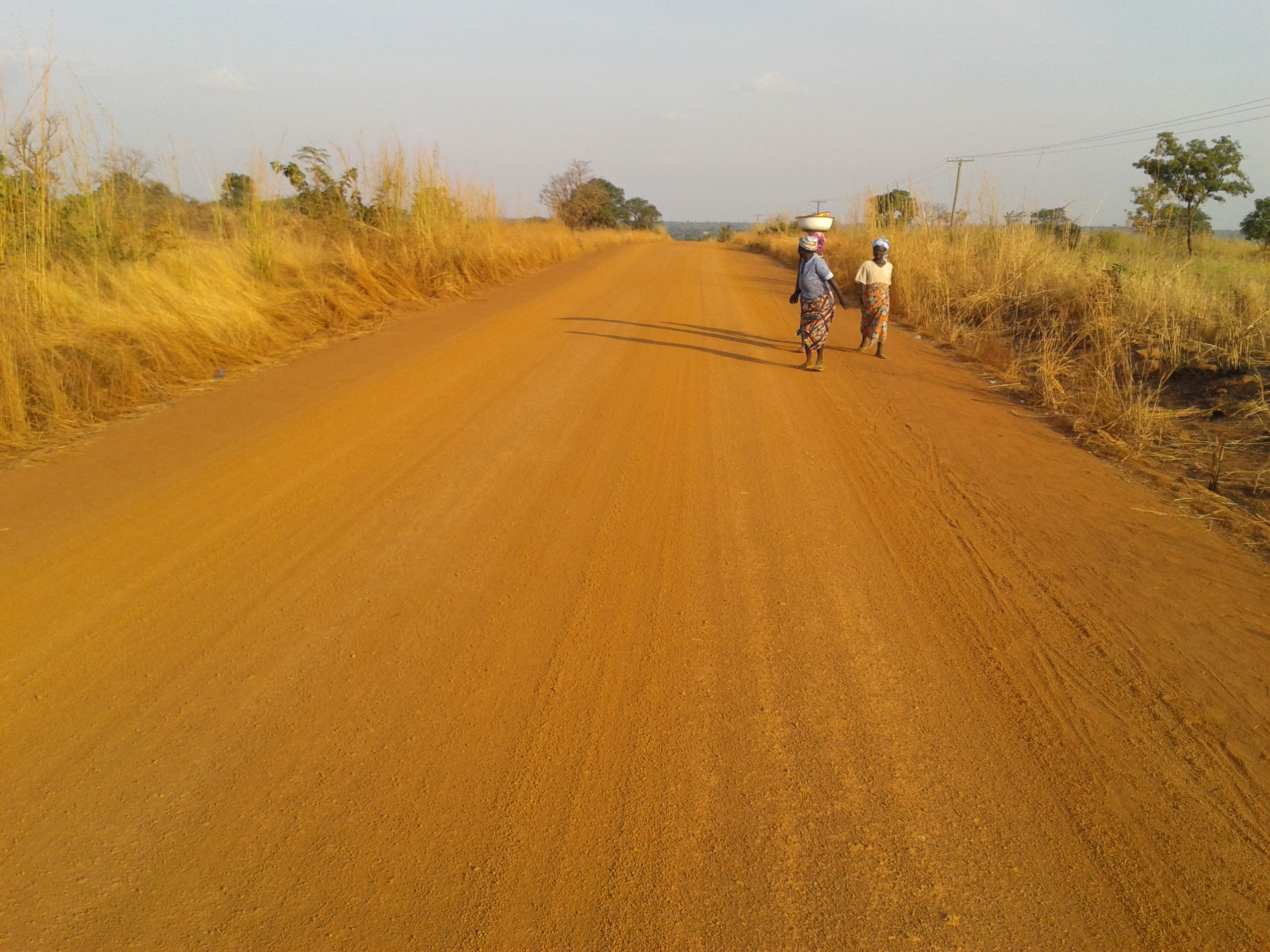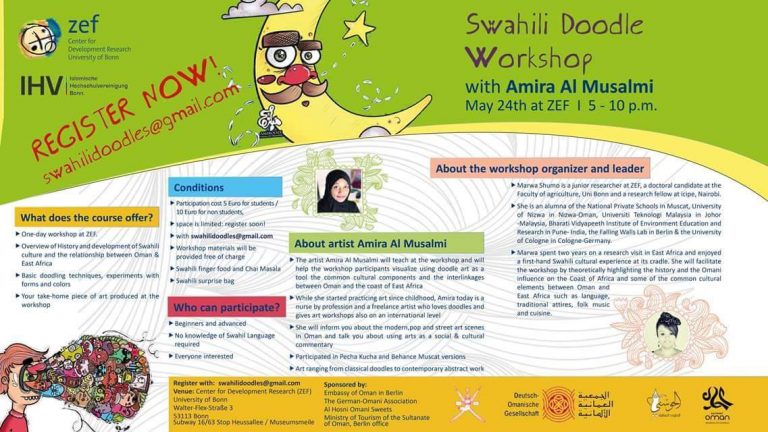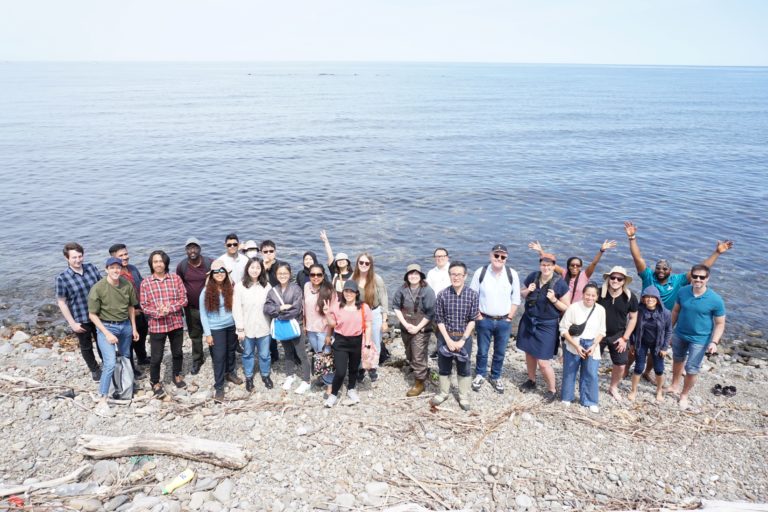Japan-BLOG: Exploring Seaweed Bed Depletion and Sustainable Common Pool Resource Management (Day 1)
BLOG 1: June 19, 2023. Tokyo. The Power of Community and Collaboration
ZEF researchers blog about their research excursion to Japan (June 17-25, 2023). Find general info and excursion’s program on our website here.
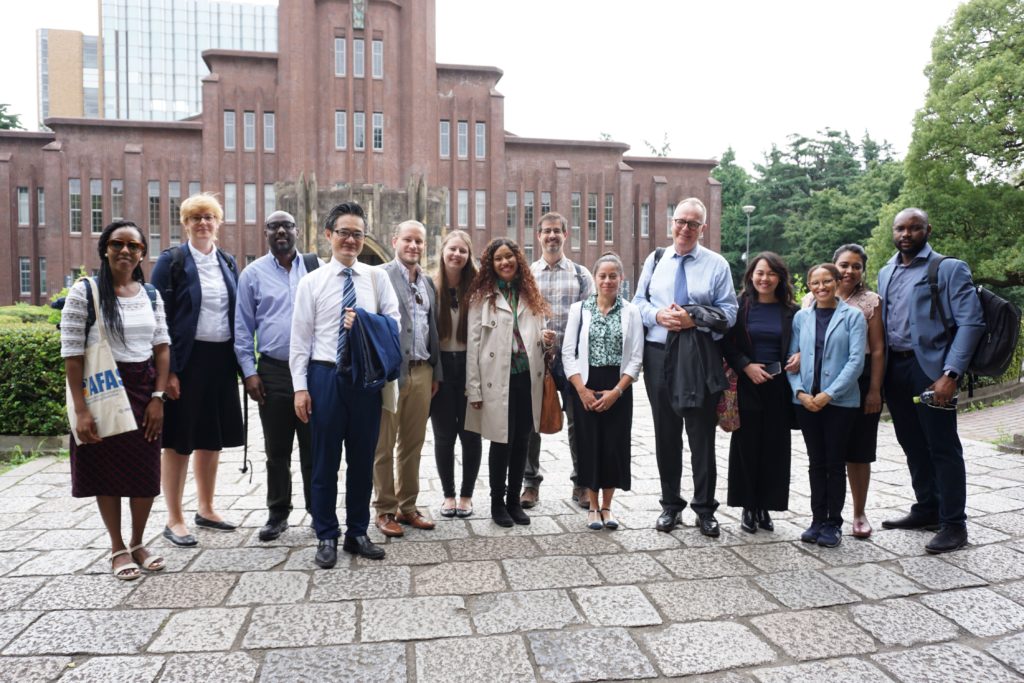
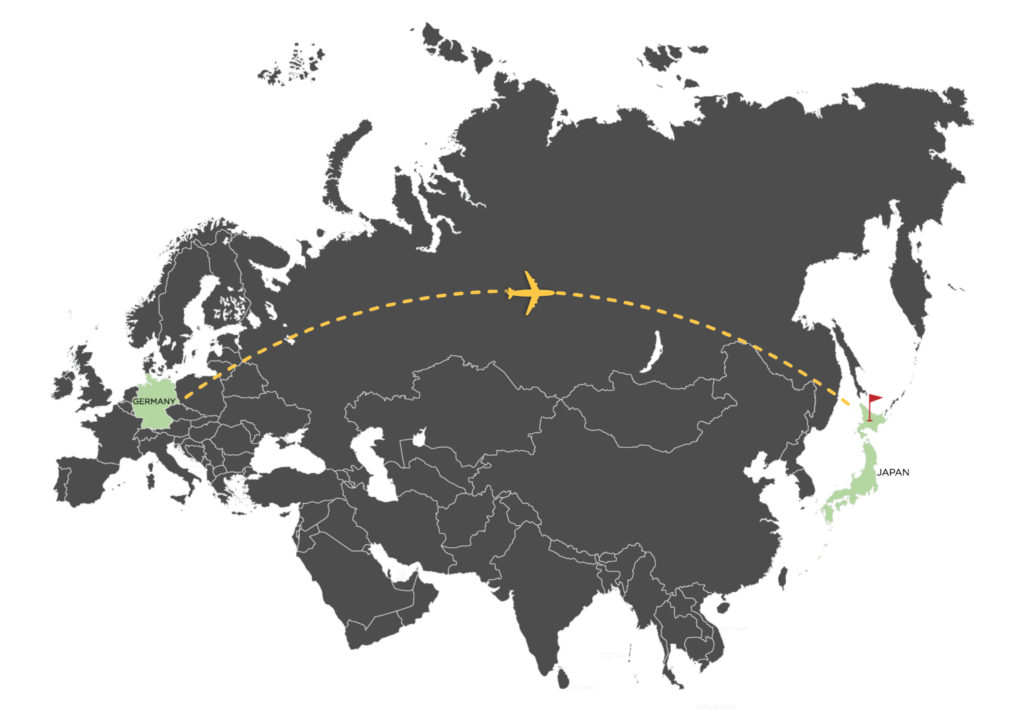
Visiting Tokyo and ZEF’s research partner, the University of Tokyo
After a 13-hour flight from Germany to Japan on Saturday, June 17, we had a (short) day to acclimatize a bit. We knew that a full and exciting program was awaiting us. Our excursion aims at conveying and delving together into the intricate interplay between water, health, fish, and barren ground, and, moreover, at discovering and experiencing the importance of interdisciplinary collaboration and sustainable practices.
To be well prepared for our “mission”, our first official working day on Monday June 19 was starting with a series of captivating lectures to give us a theoretical framework and contextual setting of the excursion’s topics. So we set off to Hongo Campus, University of Tokyo (UTokyo), to get input on topics such as One Health, fisheries management, and coastal environmental conservation.
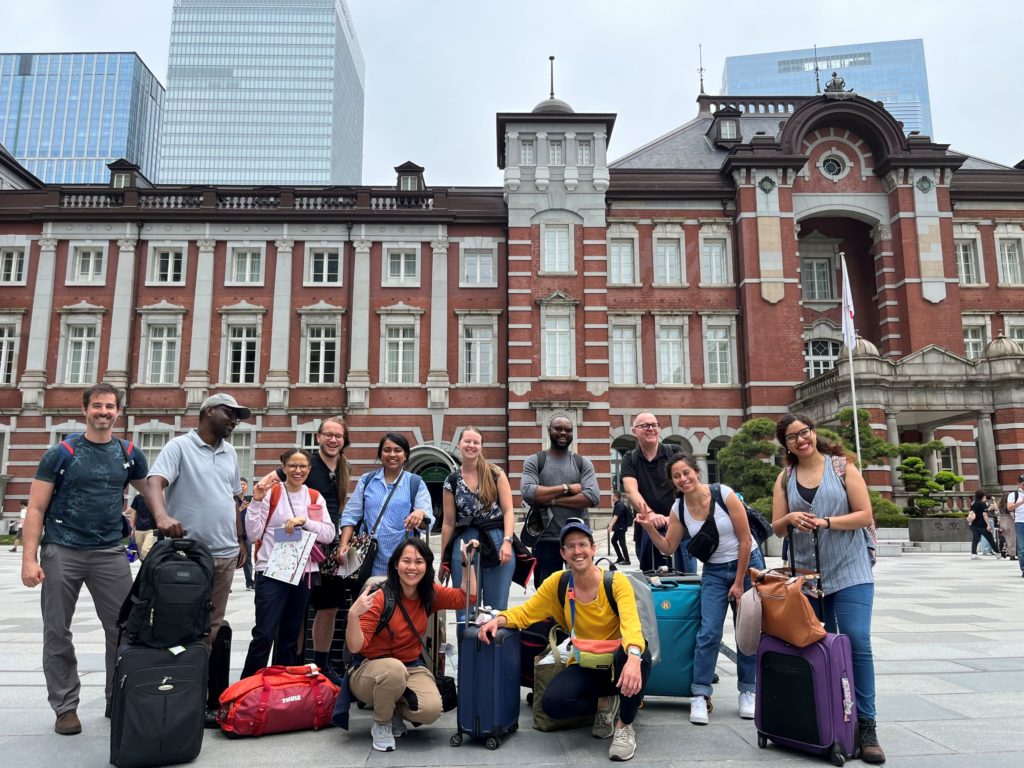
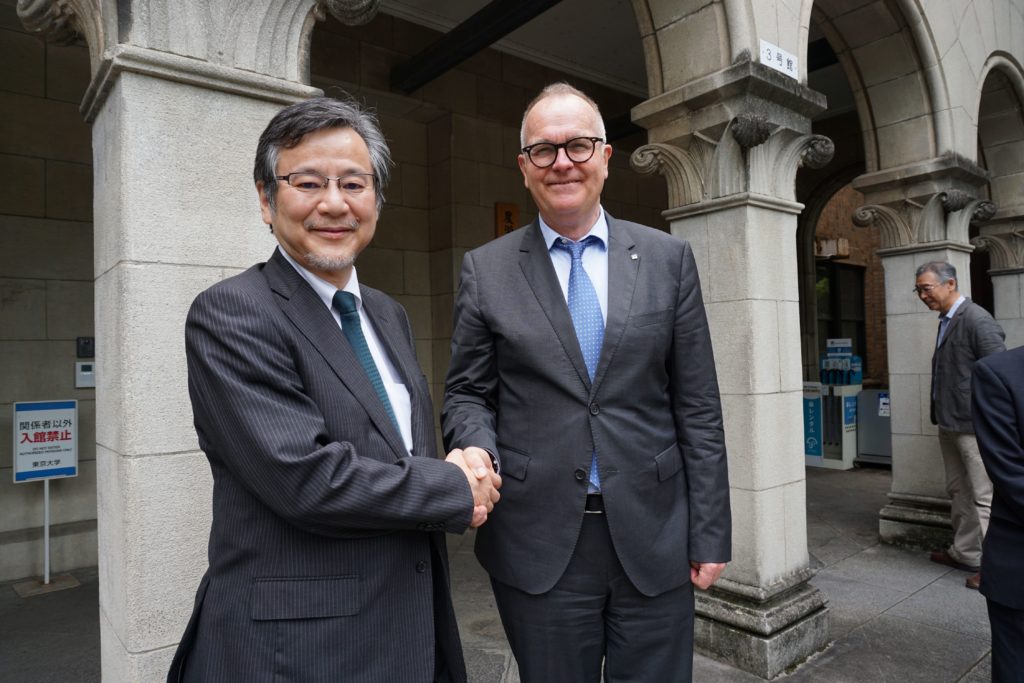
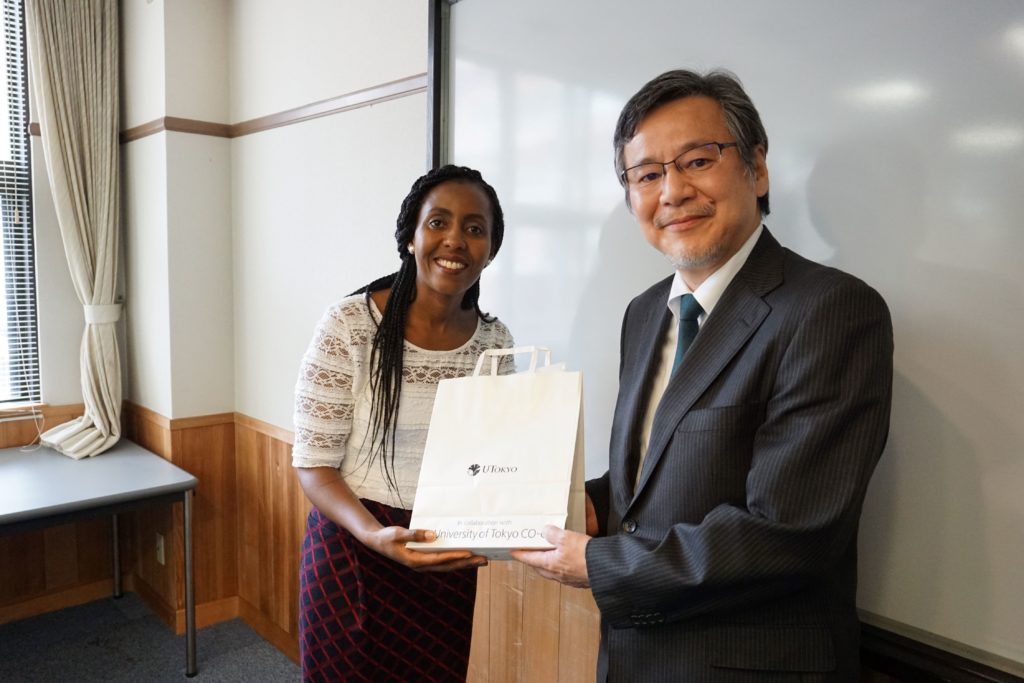
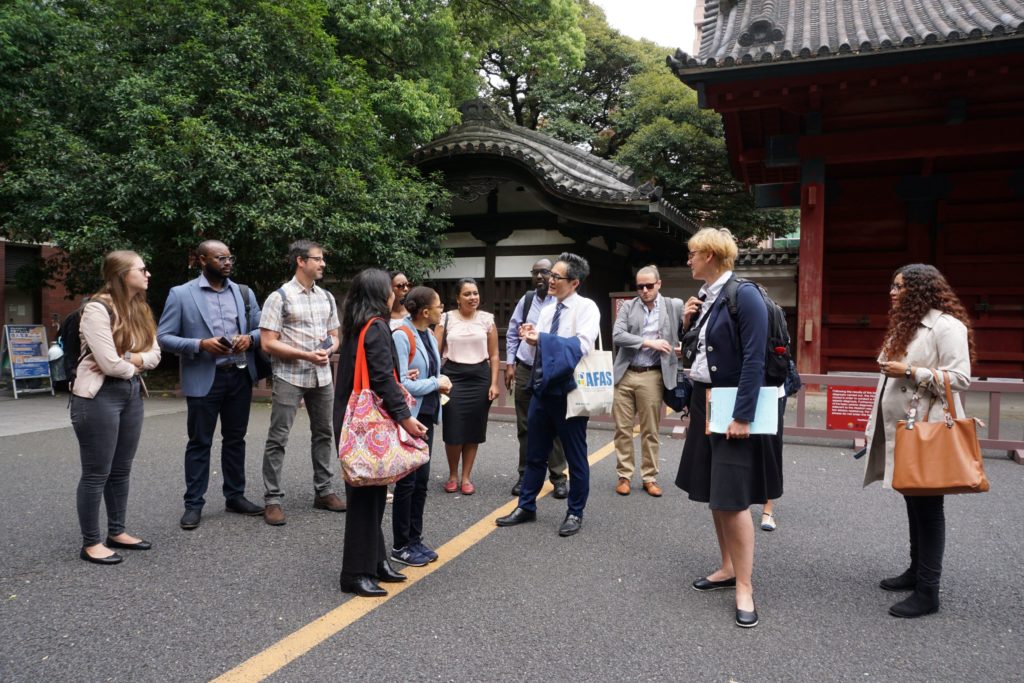
All about theories – before we delve into practice!
The program at UTOkyo included lectures by Professor Christian Borgemeister, ZEF-Director on the topic of “Waterborne Diseases in a One Health Context”, (ZEF/University of Bonn), Dr. Juliet Wanjiku Kamau, ZEF-Senior researcher, on “Agriculture, marine environments and conservation efforts”, Professor Mitsuo Yamamoto, Director of the International Program in Agricultural Development Studies (IPADS), UTokyo, on “Coastal environmental conservation based on the linkage of land and sea” and by Professor Hiroe Ishihara, Professor at Global Leadership Initiative Graduate School, UTokyo, on “Institutional Economics and the Management of Common Pool Resources: Fisheries in Japan”.
The first lecture by Professor Christian Borgemeister provided profound insights into the grave threat posed by waterborne diseases to human and animal health. He emphasized the necessity of adopting a comprehensive One Health approach, which recognizes the interconnectedness of human medicine, veterinary medicine, and the study of ecosystems. By understanding these intricate connections, we can effectively combat (waterborne) diseases and address the challenges brought about by global environmental changes. Human actions have led to water contamination and pollution, significantly affecting human and animal populations.
Shifting our focus to fisheries management, we were fortunate to have Professor Hiroe Ishihara enlighten us on the concept of common pool resource management, with a specific focus on the spiny lobster fisheries in Japan. Common Pool Resources are natural resources characterized by rivalry and non-excludability, presenting challenges in their sustainable management. The good news is: Community, collaboration and effective institutions and management strategies can avoid the tragedy of the commons, whereas, on the flip-side, self-interest can lead to overexploitation and resource depletion. The management of fisheries involves multiple goals, such as maintaining fish-stock levels, minimizing ecological impact, providing livelihood opportunities, and maximizing employment options.
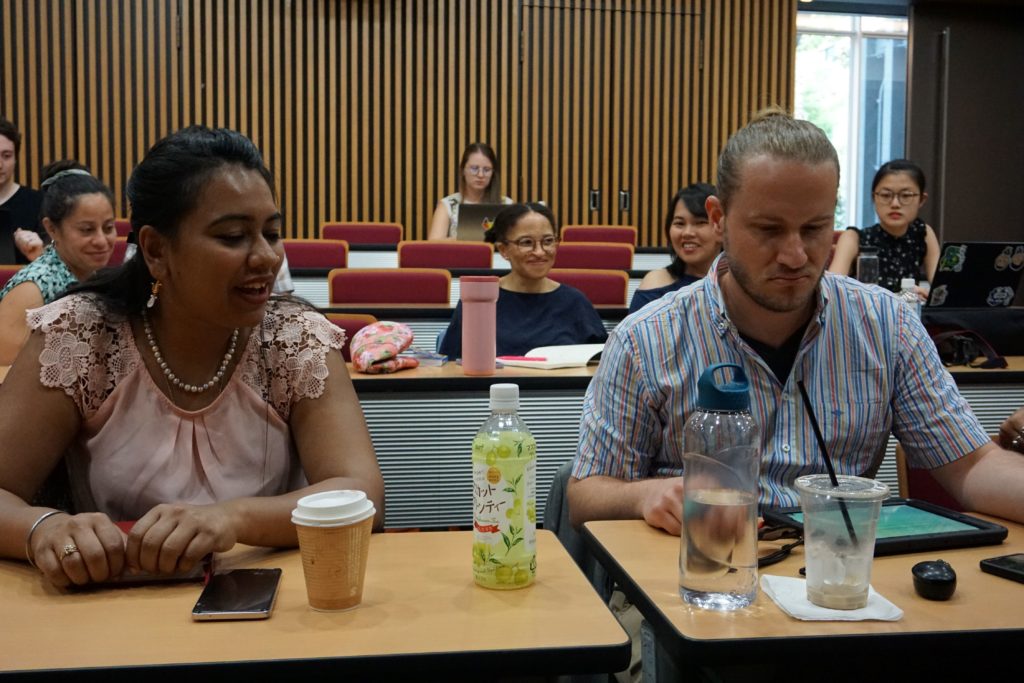
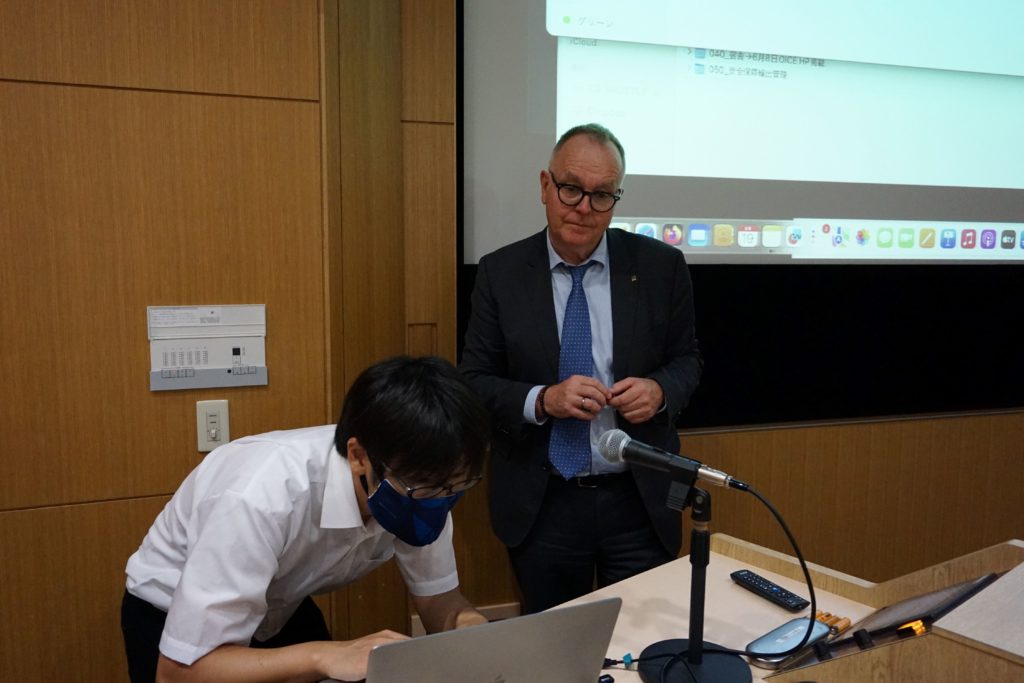
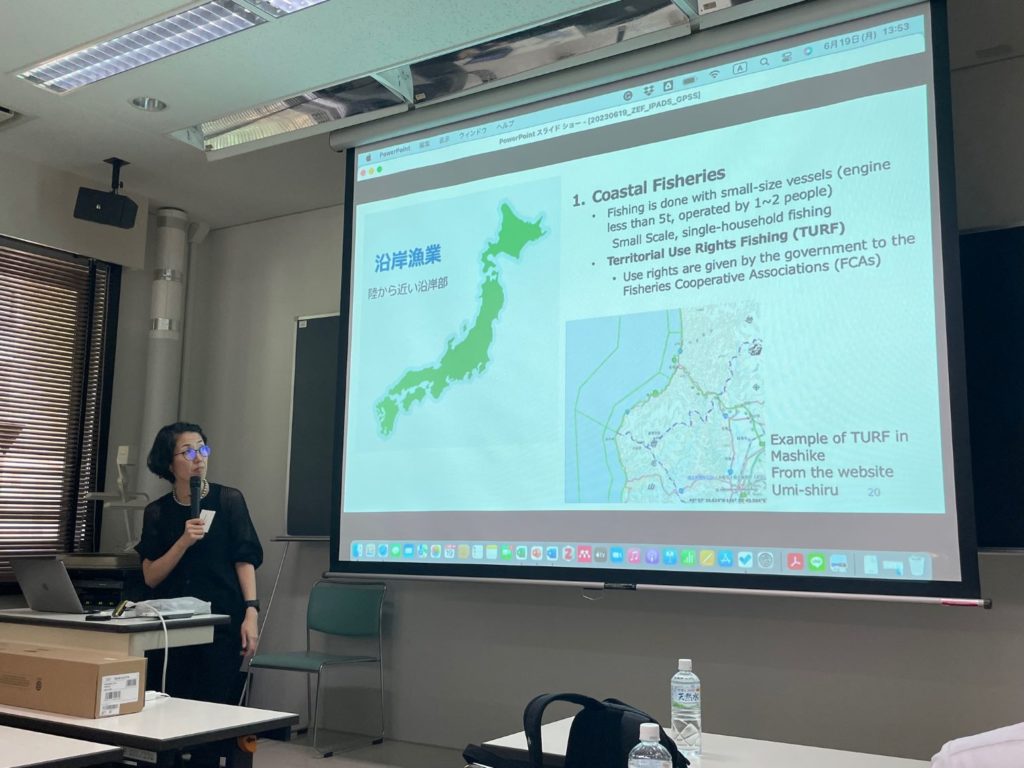
Agriculture, marine environments and conservation efforts
In the next lecture, Juliet Kamau, ZEF senior researcher and coordinator of ZEF’s AFAS program, spoke about the detrimental impacts of agriculture on water systems and discussed potential solutions to address water scarcity and pollution. The interplay between eutrophication, pollution, excessive water use, and salinization compounds the issues of water scarcity and agriculture remains the primary driver of environmental degradation.
She also pointed out that agriculture has emerged as the globe’s largest consumer of water. The drivers behind this trend include population growth, changes in diets, increased food demand, and the intensification of agricultural practices. Asia and South America are prominent users of pesticides, with China leading in chemical sales. The rapid depletion of freshwater resources and the pollution of remaining sources have become critical issues in dry countries.
Our attention then turned to coastal environmental conservation, where we learned about the inspiring work of Professor Mitsuo Yamamoto from the University of Tokyo. Professor Yamamoto’s projects center on the restoration of seaweed beds, crucial ecosystems facing depletion. Through innovative solutions like utilizing steel slag iron as fertilizer and fostering partnerships with companies like Nippon, his work offers hope for the revival of coastal ecosystems.
A hopefully brighter future for coastal ecosystems
As the day came to a close, we reflected on the enlightening lectures and the importance of interdisciplinary collaboration in addressing the complex challenges facing water systems, health, and conservation. We are looking forward to a journey towards fostering sustainable practices and preserving precious coastal ecosystems – and to our excursion to the isle of Hokkaido.
We finished the long day with celebratory drinks and dinner at the on campus- restaurant “Abreuvoir”, kindly hosted by IPADS. The former director of IPADS, Prof. em Kensuke Okada was also invited. Students, Prof. em. Kensuke Okada, one of the initiators of the ZEF-IPADS cooperation and other professors from the faculty joined us in a toast to this thriving partnership between ZEF and the University of Tokyo, followed by networking among all the participants of the excursion.

Text by: Gretchen Gonzaga, Christopher Okolo and Sara Velander
Photos: Max Voit
Graph: Yesim Pacal
